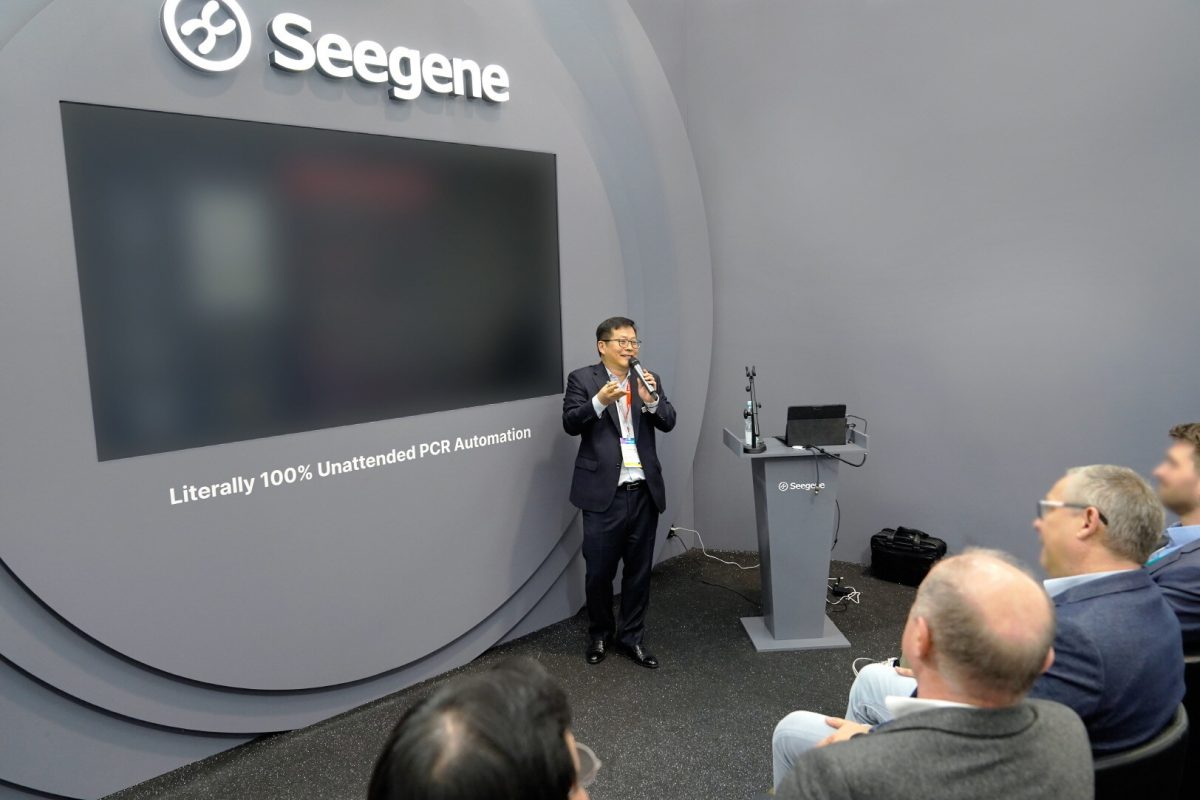US Medical Innovations, LLC (USMI) and the Jerome Canady Research Institute for Advanced and Biological Technological Sciences (JCRI-ABTS) announced today that the United States Patent and Trademark Office has issued a Notice of Allowance in connection with JCRI-ABTS’s US National Stage Application (Serial No. 17/284,762) entitled “SYSTEM FOR TREATMENT OF RESPIRATORY INFECTIONS AND CANCERS OF THE RESPIRATORY SYSTEM USING COLD ATMOSPHERIC PLASMA.”
Cold atmospheric plasmas (CAPs) are defined as specific forms of ionized gas composed of ions, photons, free electrons, and complex chemical compositions. CAPs produce various reactive oxygen (ROS) and reactive nitrogen species (RNS) (i.e., singlet oxygen (1O2) ozone (O3), super anion (O2-), nitrate oxide (-NO), nitric dioxide (-NO2), and hydroxyl radical (-OH)) which have important biological and biomedical activities. CAPs have been proven to be effective in wound healing, skin diseases, antifungal treatments and have also been reported to induce inactivation of viruses by several researchers around the world.
USMI and JCRI have developed a Humidified Electrical Reactive Oxygen System (The Canady Helios™ Cold Plasma HERO™ System) which generates an ionized cold plasma mixed with the Air/O2 from oxygen sources such as hospital ventilators, CPAPs (Continuous Positive Airway Pressure), BIPAPs (Bilevel Positive Airway Pressure) or O2 face masks.
Jerome Canady, MD (CEO of USMI) stated, “This is a very important addition to the company’s patent portfolio. Our team has already demonstrated that our Canady Helios Cold Plasma (CHCP) can be used to selectively combat breast cancer and many other cancers. Our preliminary research with the HERO system has demonstrated that it was able to kill lung cancer cells in a laboratory setting, and we believe it has the potential to aid in the recovery of COVID-19 infected patients and lung cancer patients.”
JCRI-ABTS is also conducting research using the HERO system to deliver CAPs to treat cancer and other diseases to the abdomen and other body cavities via cannulas, laparoscopes, and endoscopes.
The patent was filed with the USPTO on April 12, 2021. The US national stage application was based upon International Application No. PCT/US2020/067503 filed on December 30, 2020. USMI and JCRI expect the patent to issue by the end of the year.
